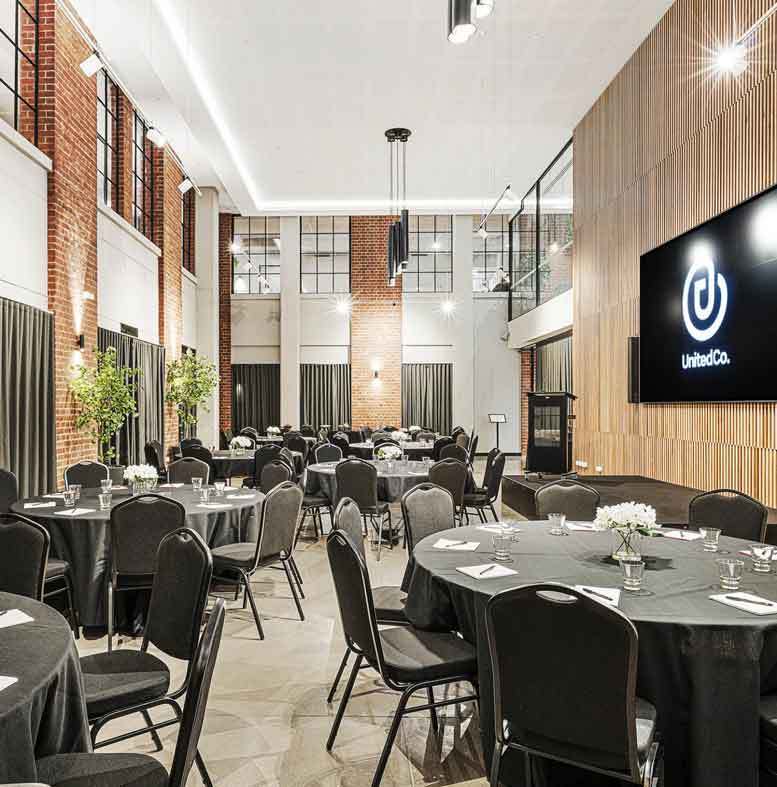
Designing, producing and running events can be incredibly fulfilling. What was once a vision and an idea in your mind, comes to life in front of you with real people interacting with the experience you have dreamt and then created. It really can be quite a rush…and, also it takes quite a special set of skills to artfully design and produce an event that your audience and potentially your clients will remember and remark about.
So here are some (definitely not all) things to make sure you consider, including some that are often forgot about completely.
Secondly
7 things to make sure you do
1. Understand your event’s goals and objectives clearly
- What is your event’s purpose? What outcome and impact would you like to have?
- How many people do you want to attend?
- How much profit do you want to make?
- Other than attendance, what else would make your event a ‘success?’
Learn More: How to choose the best seating arrangement for your event
2. Have a clear and flexible budget
Put together a rough budget to begin with so that you can understand all of your expenses, source of income (ticket sales, sponsorship) and use this budget to be able to have constructive conversations with prospective partners.
Some things to consider in your budget might be:
- Venue hire
- Marketing and publicity
- Hiring of equipment
- Decorations
- Entertainers and speakers
- Give away or door prize
- Catering and refreshments
- Transport
- Phone bills, postage and other admin
- Insurances
- First aid equipment and volunteers
- Fees for licenses and permissions
3. Understand and consider the experience of your attendees
What makes an event remarkable is how your participants feel during the experience. Do they feel connected? Do they feel inspired? Do they feel safe? Do they feel energised?
Consider how you would like your attendees to feel and what type of comments you’d like them to share with their friends, family and colleagues.
4. Remember to align all your partners and team
There is nothing more damaging to an event (or any endeavour for that matter) than misaligned partners. You might have the purest of intentions, have understood and designed the experience around your core values and purpose, but if your partners and volunteers are not on the same page, then they could create a big sense of incongruence for your attendees.
Make sure all your partners understand the purpose of the event, the values you’d like to withhold and the experience you’re looking to create for your attendees.
5. Have a very clear master sheet printed that is easy to read
On the day of an event you want to make it as easy as possible for you, and everyone on your team to understand what needs to happen, and when. Printing a very clear master sheet with timings, activities and responsibilities is very important.
People like events that run smoothly, are pleasant to be a part of and meet their expectations. So creating a master sheet for yourself will ensure you are able to do this.
6. Pay attention to the intangibles in the room
The lighting, the smell, the design of the space – it all has a profound effect on human behaviour and the way the event feels for your attendees. After you’ve considered how you’d like your attendees to feel, consider how the space should be designed in order to have them feel this way.
7. Look after yourself and the team
Running events can be a very stressful job, but it doesn’t necessarily have to be. With the right lead time, support, partnerships, systems and clarity, you too could enjoy the event you are producing. So set a goal to be able to enjoy your event also, to be able to give everyone you interact with on the day a pleasant experience. This might mean working a little harder in the weeks leading up, but enjoying the day yourself will have a great effect on how your team and therefore your attendees experience the event too.
We hope this has helped you understand some of the common mistakes event planners make, as well as some of the things brilliant event planners do. Of course you are going to produce a wonderful experience and we wish you all the best.
At United Co, we believe that through carefully curated and considered events, we can promote spaces for connection, collaboration and ultimately growth. If you are seeking a beautiful event space or meeting room, please do be in touch as we’d be honoured to host your next business event.




